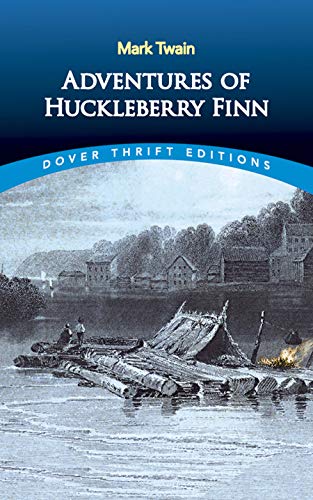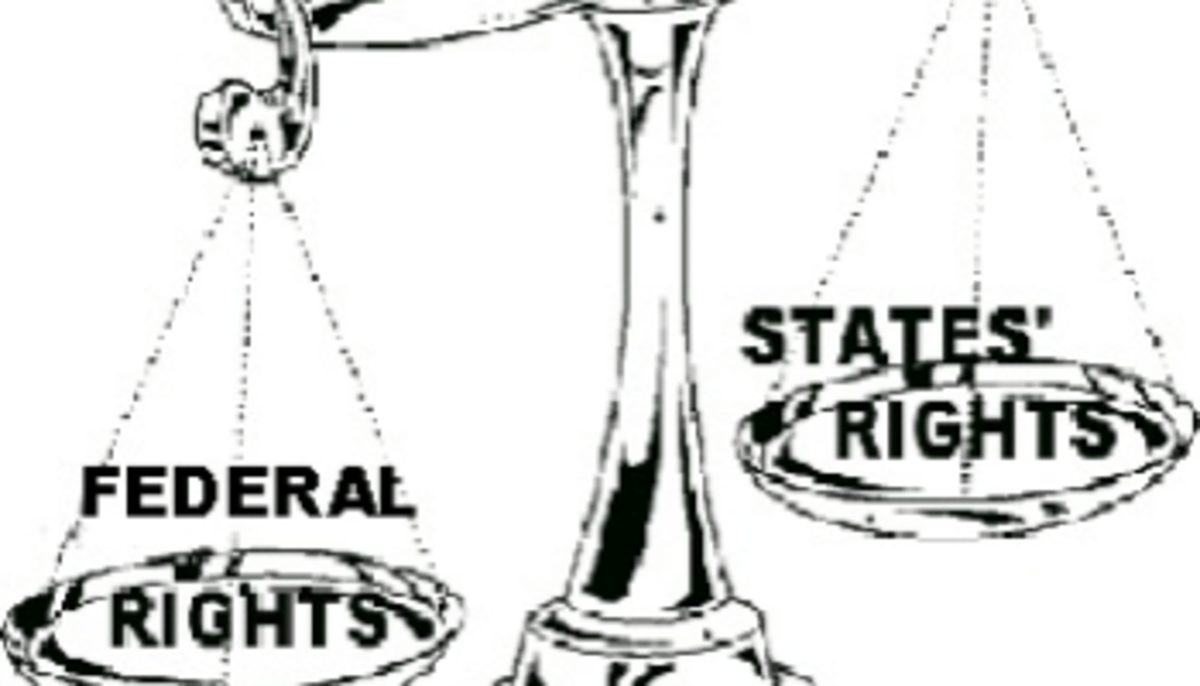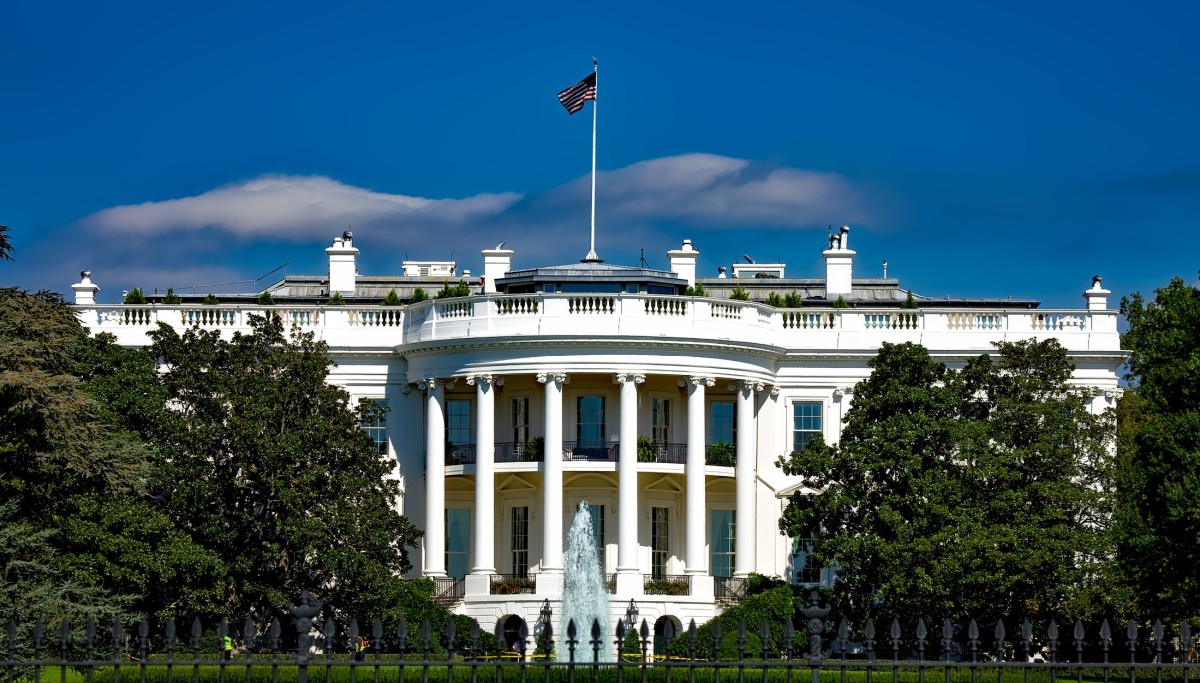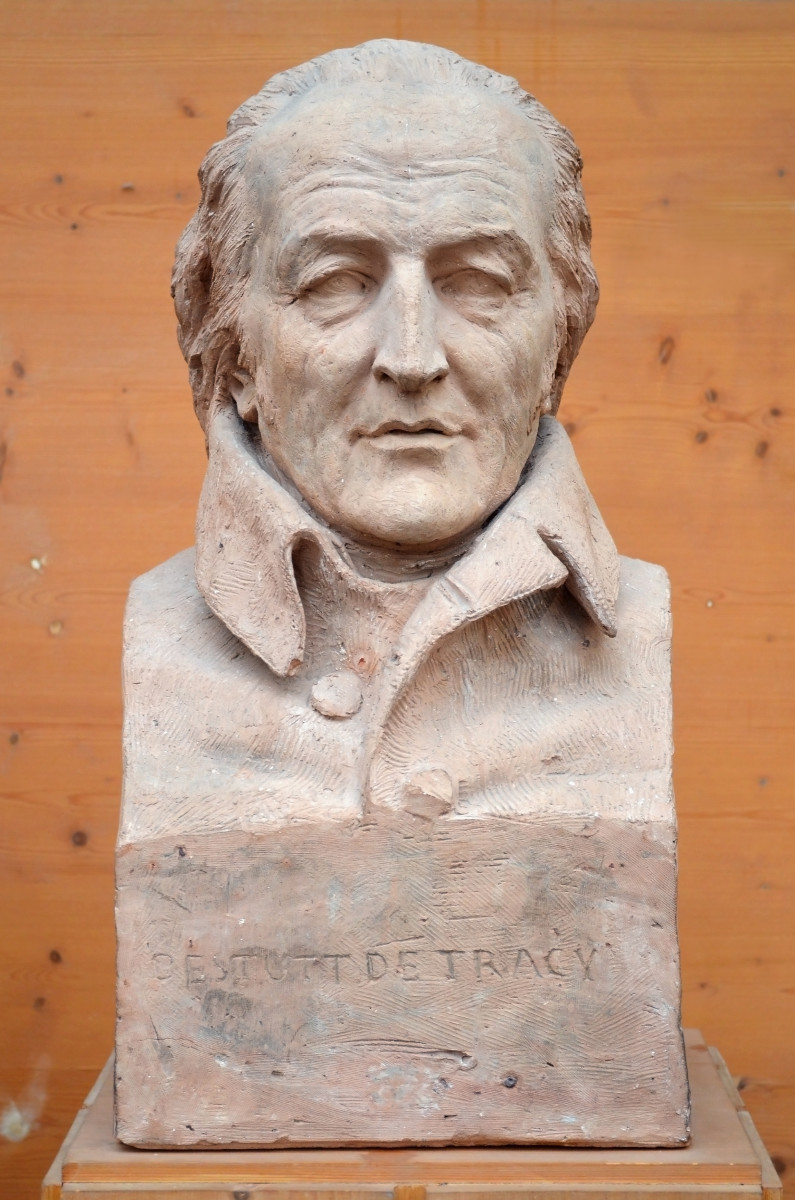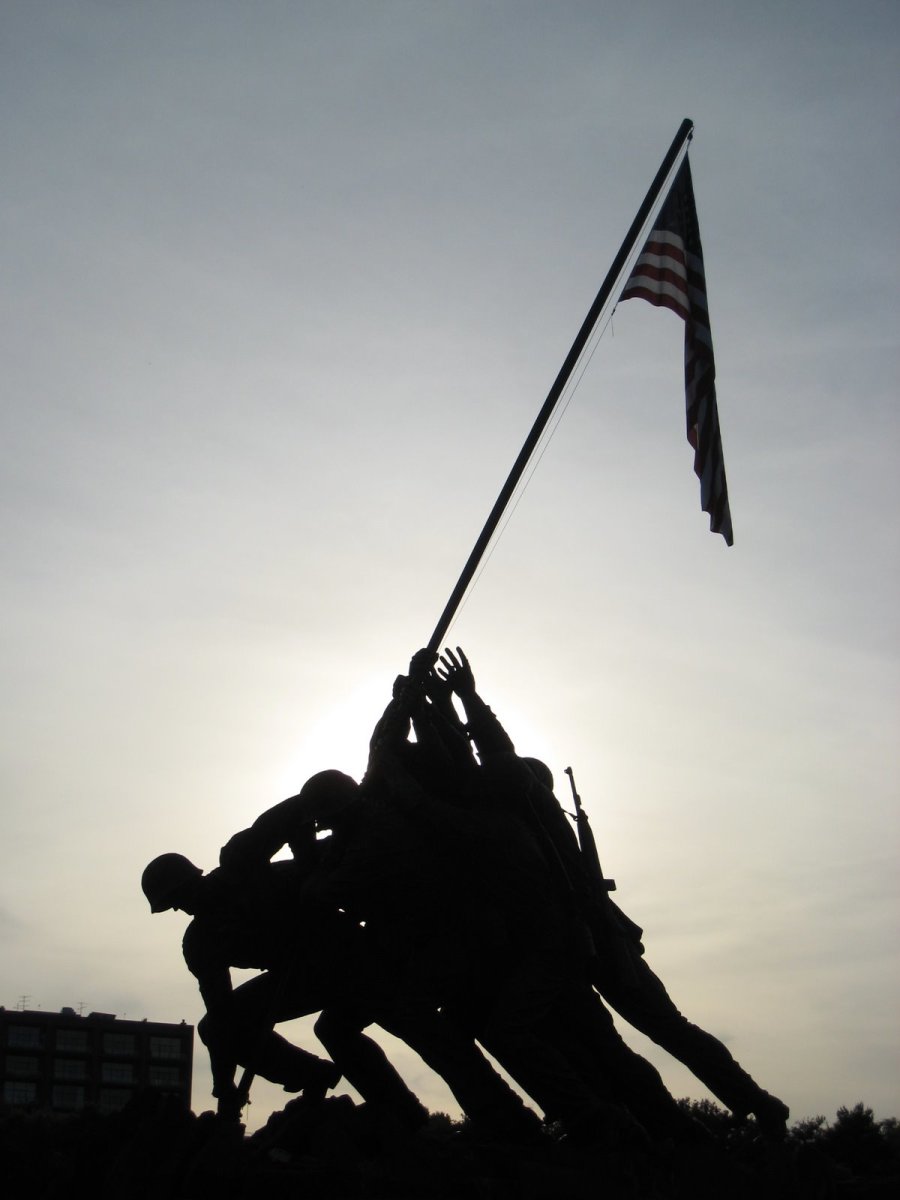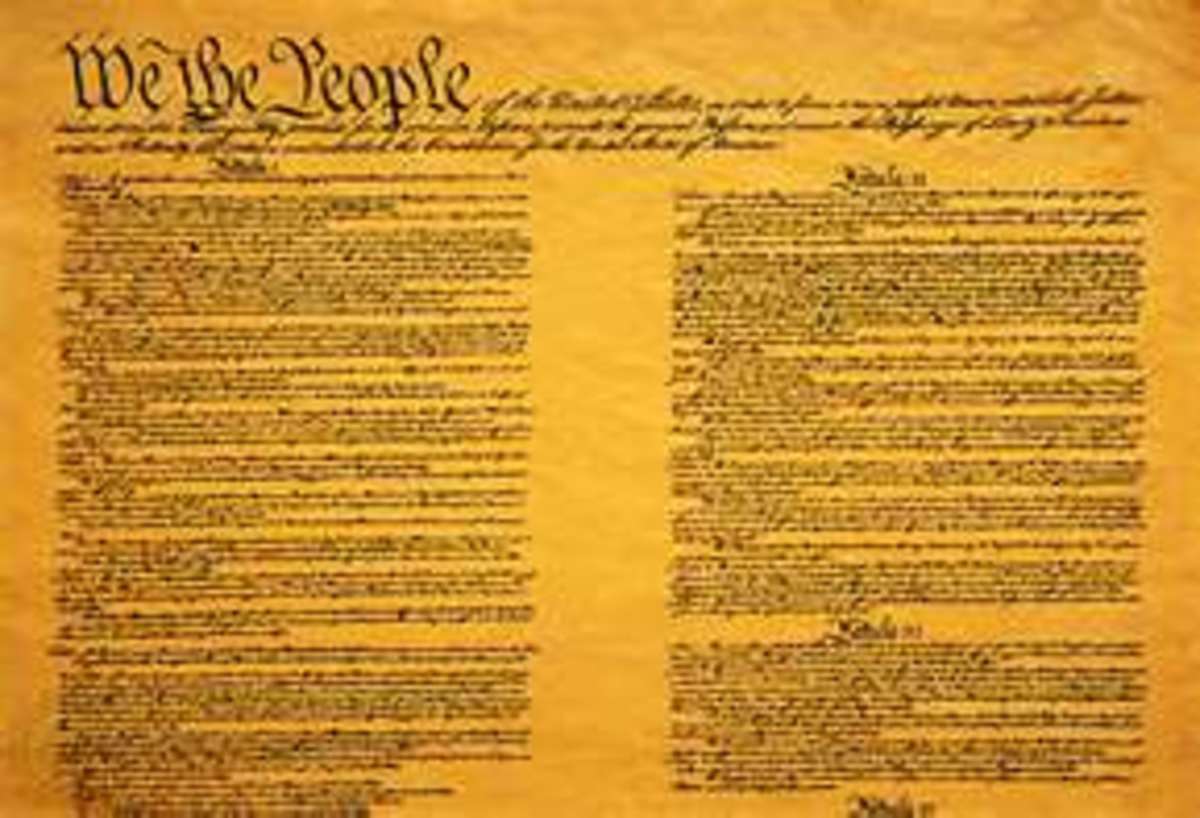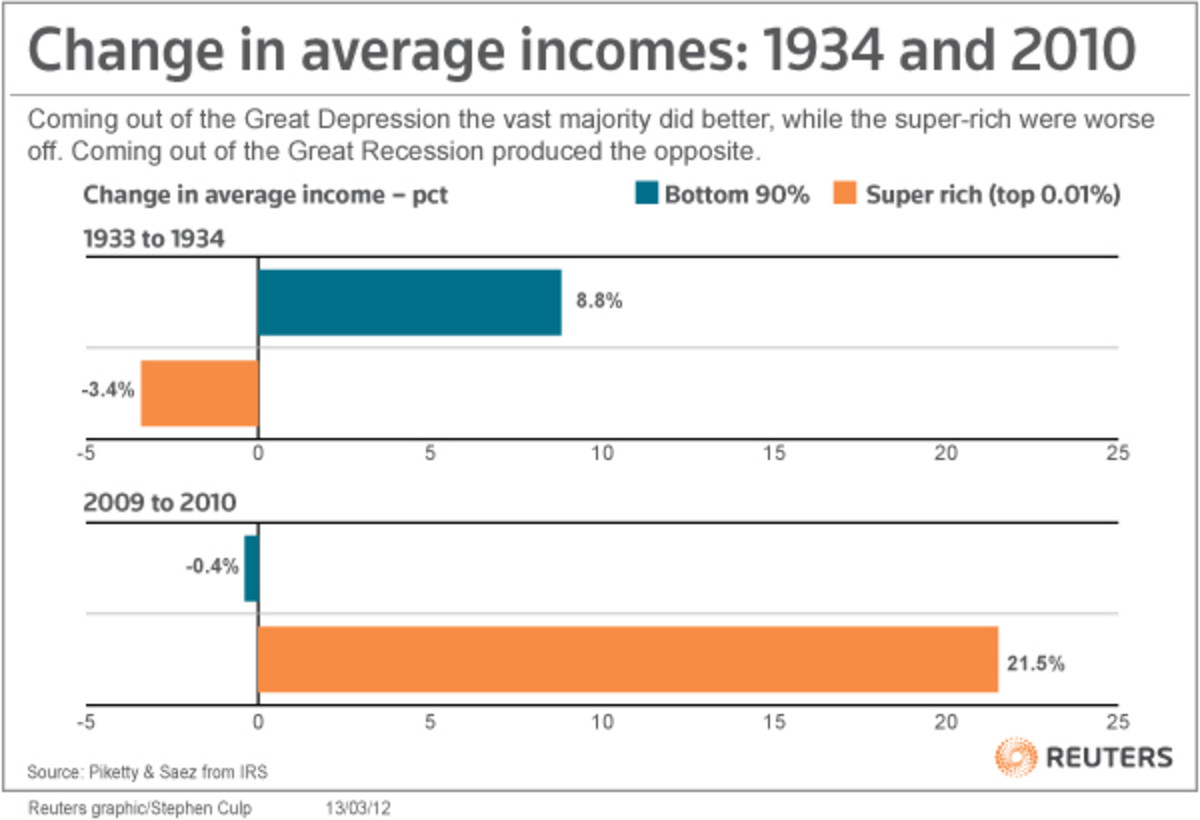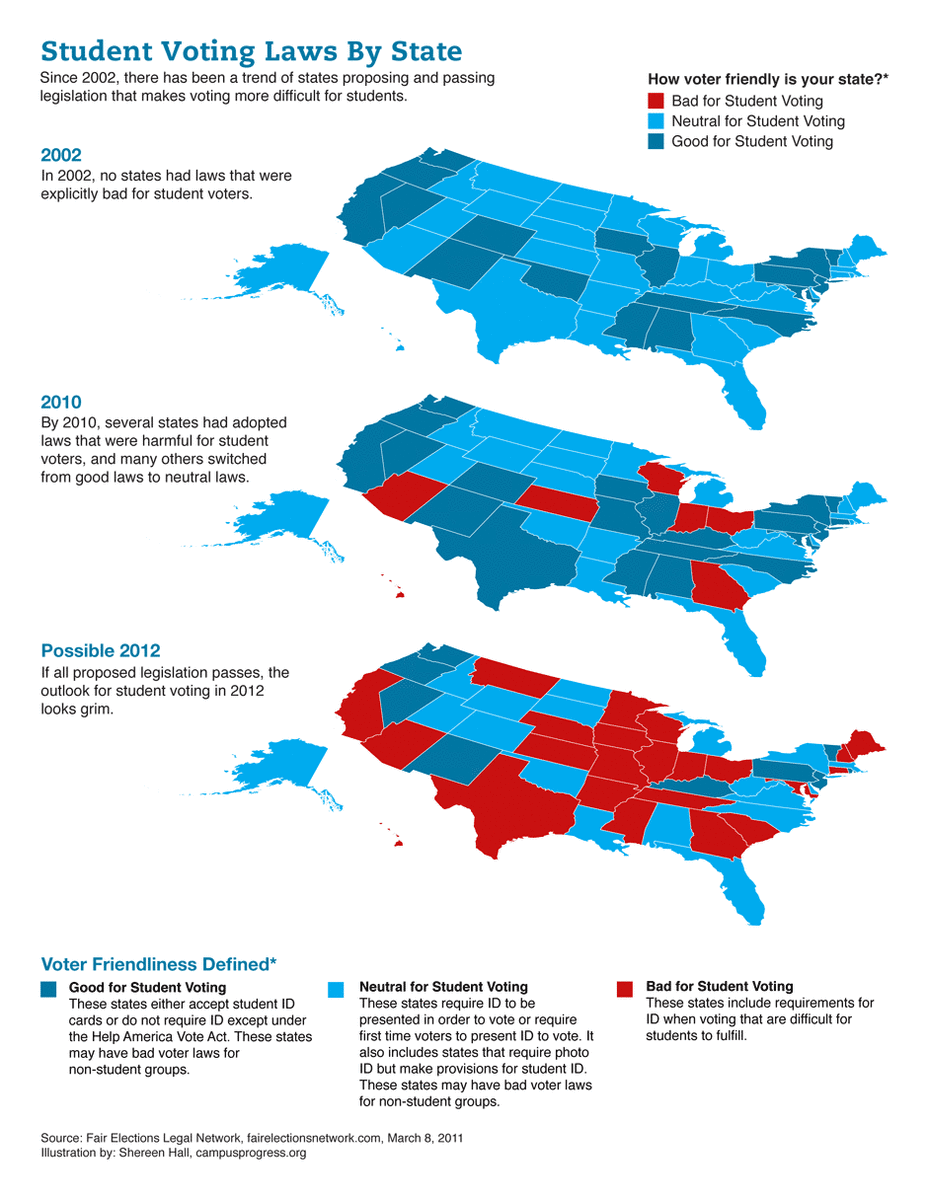Censorship in the United States
Have you ever seen a chameleon in action? This tiny lizard can blend with the surrounding environment just by changing the color of its skin. Isn’t it amazing how these fascinating little creatures can appear invisible right before our eyes? This neat trick can be a double-edged sword providing a benefit as a hunter and a handicap as a prey. But what, you ask, does a chameleon have to do with censorship? I thought you would never ask!
Just like the chameleon, censorship in America is also very good at blending with the social landscape in ways that can sometimes make it impossible to recognize. And just like the example of the chameleon, censorship can play a very important role in society by helping to keep the entire system in balance while it remains mostly invisible. Depending on our perspective, we may revere it as beautiful and beneficial or we may curse it as an ugly blight that obstructs progress in a freethinking society. Either way, as is the case with so many of life’s complex realities, its true benefit is not only extremely hard to articulate but is always altered by the perceptions and experiences of the observer.
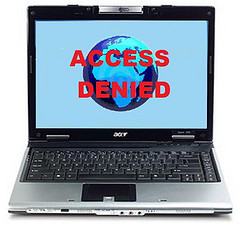
What is censorship?
Censorship comes in more types, colors, and sizes than there are chameleons. But, by definition its sole purpose is to examine, to remove, or to prohibit any concepts, any thoughts, all words, or actions that are considered objectionable, improper, or intolerable. For centuries, it has been applied to literature, speech, religion, politics, and the press. In more recent times, it has been directed at entertainment media like television and motion pictures, the Internet, and even behavior in the workplace.
While the various targets of censorship are usually obvious, the ultimate objectives are often more obscure. This is the main reason why it is considered so dangerous and why it is often viewed with suspicion and distrust. It is frequently aimed at books, words, or images but the real goal is to eliminate the ideas or the ideals that they convey. Censoring is all about obstructing, or at the very least suppressing, the free flow of opinions, thoughts, knowledge, or basic mores under the guise of protecting the three basic social institutions of family, religion, and the state.
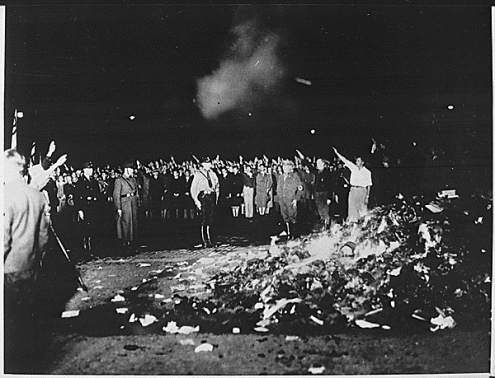
Where does it exist?
Examples of censorship exist everywhere. The ideology supporting it has roots in ancient history. Every society has had customs, taboos, or laws regulating speech, dress, religious observance, and sexual expression. In fact, the bible says that God created censorship before He created Eve. According to Genesis 2,15-17 (KJV): "And the LORD God took the man, and put him into the Garden of Eden to dress it and to keep it. And the LORD God commanded the man, saying, Of every tree of the garden thou mayest freely eat: But of the tree of the knowledge of good and evil, thou shalt not eat of it: for in the day that thou eatest thereof thou shalt surely die." Was God only trying to censor apples?
Spanning millennia from creation to the present, censorship has flourished around the world. It is thriving in America, in Saudi Arabia, in China, and in every other society on the planet. And just like the chameleon, it takes on many different hues so that it will blend with the prevailing social and cultural background. It is not confined by any borders, nor limited to any language, religion, or political persuasion.
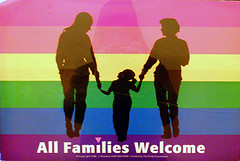
Is censorship politically correct?
No discourse on censorship would be complete without mentioning one of its more recent and perhaps most insidious manifestations. There is convincing evidence that a major social trend in this country is intended to change speech and thought patterns by implying that vocalizing some beliefs is tantamount to being disrespectful to others and, therefore, such statements should be avoided at all costs. This notion is in fact promoting self-imposed censorship with a doublespeak label to make it sound positive: "Political Correctness."
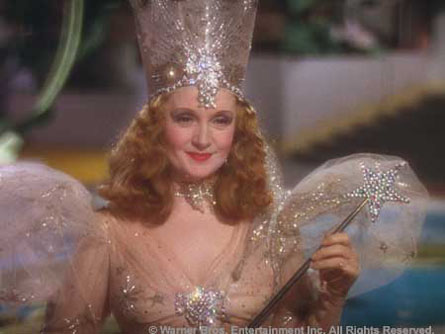
Is censorship good or bad?
"Are you a good witch or a bad witch?", Glinda once asked while a truly evil witch lay dead under Dorothy’s house. Glinda believed that getting the facts was far more important then just making assumptions. Since censorship is such an extensive topic, it is nearly impossible to justify it or to condemn it using broad, general terms. As stated above, censorship can be revered as beautiful or it can be cursed as ugly. As a macrocosm, it can be proven beneficial or labeled harmful. It can be viewed as liberating or condemned as tyranny. It can be a beauty or it can be a beast. A full understanding of censorship requires a detailed examination of three distinct aspects: the manner in which it is applied, the level of acceptance, and our own individual viewpoint.
How is it applied and enforced?
For starters, censorship is applied and enforced in many ways and under many different forms. Hundreds of examples are imbedded in social customs that are enforced by peer pressure. Others are applied in the work place by corporate policies. Many more are buried in bureaucratic regulations, or codified by the laws used to enforce them. The areas of literature, art, speech, entertainment, social behavior, and news have all had their share of censorship. No facet of society is immune from its influence and no social stratum beyond its reach. The censor is omnipresent, omnipotent, and ominous, all at the same time.
What is the level of acceptance?
The acceptance of censorship varies greatly from culture to culture, country to country, and from one region of a country to another. I have never been to Saudi Arabia nor to China or Qatar, so I hesitate to comment about attitudes there. I think I can understand why some societies in the world are not open to new ideas. I can also appreciate why some cultures resist some influences that may be prominent in others cultures. Having lived my whole life in America may not make me an expert about this country, either, but it does make it the only one I know first hand.
I think it is important to note that America was founded upon new and previously untested ideas. Our Declaration of Independence, Constitution, and Bill of Rights encompass principles of freedom that had never been collectively applied before to any other government. Therefore, it is not surprising to me that Americans committed to staying well informed are usually open to hearing different views. They seem to be more tolerant of new ideas and they tend, as a rule, to feel less threatened by different approaches to issues both new and old. As I see the world, the more knowledge people have, the more they realize how little they really know.
Of course, there are others who are vigorously close-minded, audibly intolerant, and deeply fearful. Yet, wide diversity and disparity of opinion always seems, in the end, to strengthen rather than weaken the fabric of American society.
What about individual viewpoints?
A third factor to consider when trying to understand censorship is one’s own individual viewpoint. Some may feel strongly about protecting religious freedoms and civil rights. They may be motivated by their awareness about misguided sentiments in the past that resulted in abuses like Kristallnacht in 1938. Or they may have seen how fear of terrorism can camouflage the shift from freedom to tyranny known as the PATRIOT ACT of 2001. Many may even advocate extreme social and civil restrictions to curb actions or practices that they perceive as a threat to their religious beliefs. The number and variety of individual viewpoints, whether many or few, will always prevent a unified consensus.
I feel I am qualified to explain only one individual viewpoint and that’s my own. I contend that censorship is not always good nor is it always bad, but it is always an intrinsic threat to a free society that should be avoided whenever possible. The danger of abuse and misuse is so real that enormous measures are needed to insure that it is always justified. Scholars with knowledge of the law and the constitution far greater than mine have argued the merits of censorship both pro and con. But censorship can not always be addressed in purely legal terms. When it takes on social and cultural dimensions that go beyond the boundaries of law then it must be addressed by you and me as members of our society and as individual contributors to our culture.
Is censorship justifiable?
The sole purpose of censorship is to suppress basic liberties. Therefore, it is only justified if it protects LIBERTY or provides JUSTICE, and, then only if, by NECESSITY, it is the only acceptable means available to achieve the other two. So, let us explore each of these three requirements.
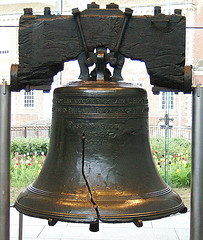
Liberty
In the words of the Ninth Amendment of the Bill of Rights, "The enumeration in the Constitution, of certain rights, shall not be construed to deny or disparage others retained by the people." This means that that the people retain all human rights and liberties except those specifically granted to the government. Moreover, it makes clear that all power and all rights flow from the people to the government and not the other way around. Neither government nor society in general has been granted the power to limit thinking or to restrict the flow of ideas via free speech. Every individual person is therefore free to say, to act, and to think in any particular way that is not specifically limited by the specific powers granted to the government.
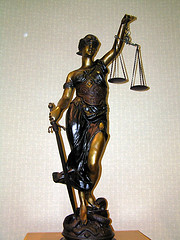
Justice
Errico Malatesta said this about justice: "The concept of freedom for all, which inevitably involves the precept that one's freedom is limited by the equal freedom of others, is a human concept; it is probably mankind's greatest achievement... ." Hence, all individual freedoms are deemed to be without limits unless they encroach upon the rights of others especially of those in the minority. The protection of the rights and freedoms of those in the minority is the most unique and, by far, the most remarkable feature of our republic. Majority rule is not just if it is used to diminish the rights of the minority.
Necessity
Which brings us to the third principle that must be true when testing the validity of censorship. For censorship to be beneficial in our society it must promote and support Liberty and Justice but it must also be the only reasonable means available to achieve that end.
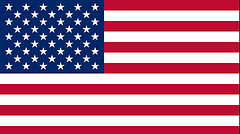
Censorship in America
Following 9/11, with the public gripped by fear and the government under enormous pressure to appear pro-active, the Bush administration and the distracted Congress converted law enforcement’s long opposed wish list of additional powers into The USA Patriot Act of 2001. The swishing noise that echoed around the world that year was the sound of American civil liberties, yours and mine, being flushed down the political toilet. Where was the ACLU when we really needed them.
Dr. Jim Cornehls has served as the Director of the Law and Public Policy Graduate Certificate Program at the School of Urban and Public Affairs at the University of Texas at Arlington. In 2003, he bravely spoke out against this law and its heavy-handed repression of freedoms in this country. "When people become too frightened to speak up and out," he said, "because they fear their name may go on some government list of suspicious persons, that’s censorship. When people become too frightened to oppose policies antithetical to democracy, they are being censored, just as surely as if books written by them were being burned. When people become concerned that what they read in libraries, or what magazines they subscribe to, or what Internet sites they frequent, may be used against them by an administration that has little regard for their civil liberties, then censorship is at work."
Another very interesting example American censorship also occurred in 2003. Natalie Maines, lead singer of the country and western group Dixie Chicks, stated before a London audience that she was ashamed to be from the same state as then U.S. President George Bush. This on stage comment sparked a firestorm of radio station boycotts accompanied by many highly publicized images of irate Americans publicly stomping and smashing the trio’s compact disks. Dixie Chicks music sales plummeted and concert appearances were curtailed. It is remarkable that both sides of this particular issue claim to be exercising their first amendment rights of free speech. On one hand, we have a well-known celebrity publicly criticizing the current president of the United States. On the other hand, while noting that the group had not suddenly lost their voices or their talent, we have an overt economic boycott bent upon punishing the group for their opinion of the president. The Dixie Chicks went on to make a full-length movie about their experiences during the boycott, but they couldn’t buy airtime at networks to advertise the film. According to Harvey Weinstein, co-chairman of Weinstein Co., "It's a sad commentary about the level of fear in our society that a movie about a group of courageous entertainers who were blacklisted for exercising their right of free speech is now itself being blacklisted by corporate America."
There are more examples of censorship in this country than there is room to discuss in this article. But for those interested in more details, here are some places to look:
Huckleberry Finn: One Word Does Make A Difference -
http://hubpages.com/hub/Huck_Finn
Administrators at schools in Los Angeles, California move to ban "freak dancing" at school functions because they consider it disruptive and vulgar. - http://abclocal.go.com/kabc/story?section=news/local/los_angeles&id=7084077
Books banned in the USA and elsewhere - http://en.wikipedia.org/wiki/List_of_banned_books
"Banned & Challenged Classics", American Library Association, (Accessed July 6, 2014)-http://www.ala.org/bbooks/frequentlychallengedbooks/classics
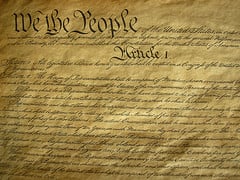
Is any censorship in America justified?
There is censorship in this country that can be justified by the criteria above but it is sometimes difficult to find. The laws about child pornography, while they suppress the rights of adults to engage in or to observe such activity, also protect children who are obviously unable to protect themselves. I know of no better means to accomplish this except through rigid and extensive censorship accompanied by severe penalties.
Laws against sexual harassment in the workplace definitely stifle the words and deeds of many in order to protect others who have a right not to have to endure such behavior because of economic pressure or necessity.
Everyone has the right to bare their butt if they choose to. Yet ordinances dealing with dress codes protect my right not to have to view them in public places as long as there are ample places beyond my view in which everyone can bare all to their hearts content.
The use of parental controls and content filters are widespread on computers in school and at home. Both enjoy total community acceptance..
Freedom of speech does not mean freedom from the consequences of that speech. While the language in our Constitution protects our right to say almost anything in public, ruling by the Supreme Court still hold us responsible if our utterances are deemed to have been libel, slander, or caused harm to others.
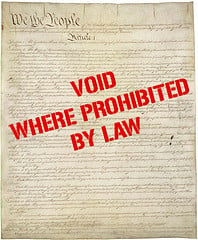
Is there any censorship where you are?
If you know of other examples of censorship where you are, please share them with us in the comment area below. Be sure to mention if you think they are, from your viewpoint, justified.

© 2009 Quilligrapher

